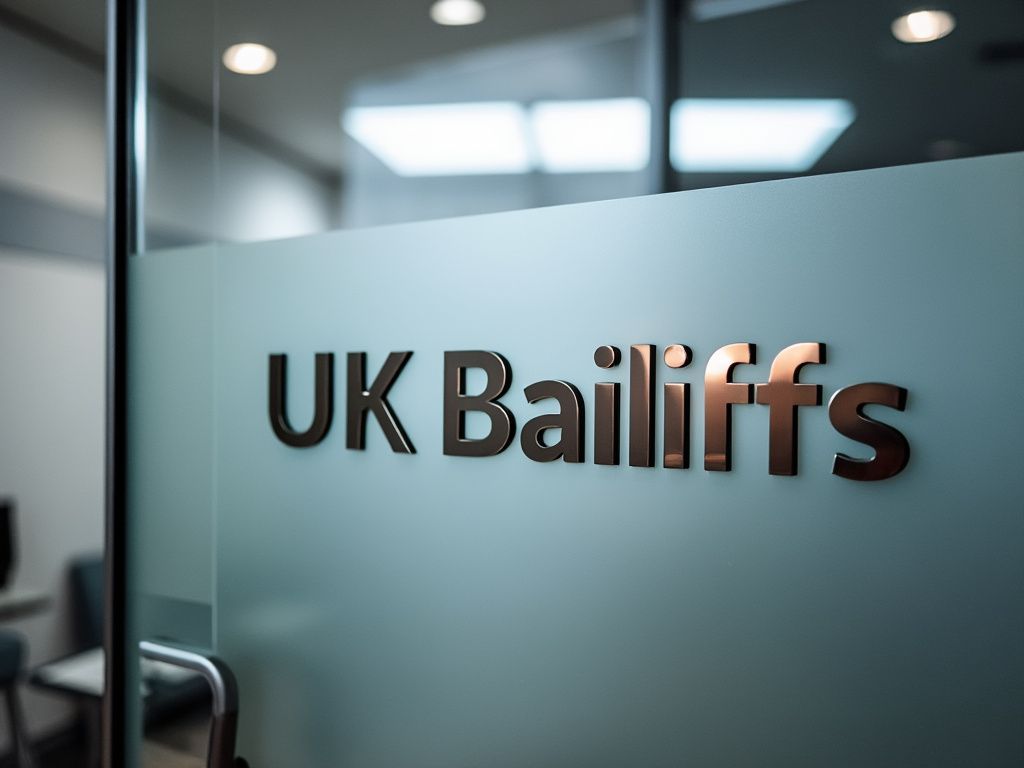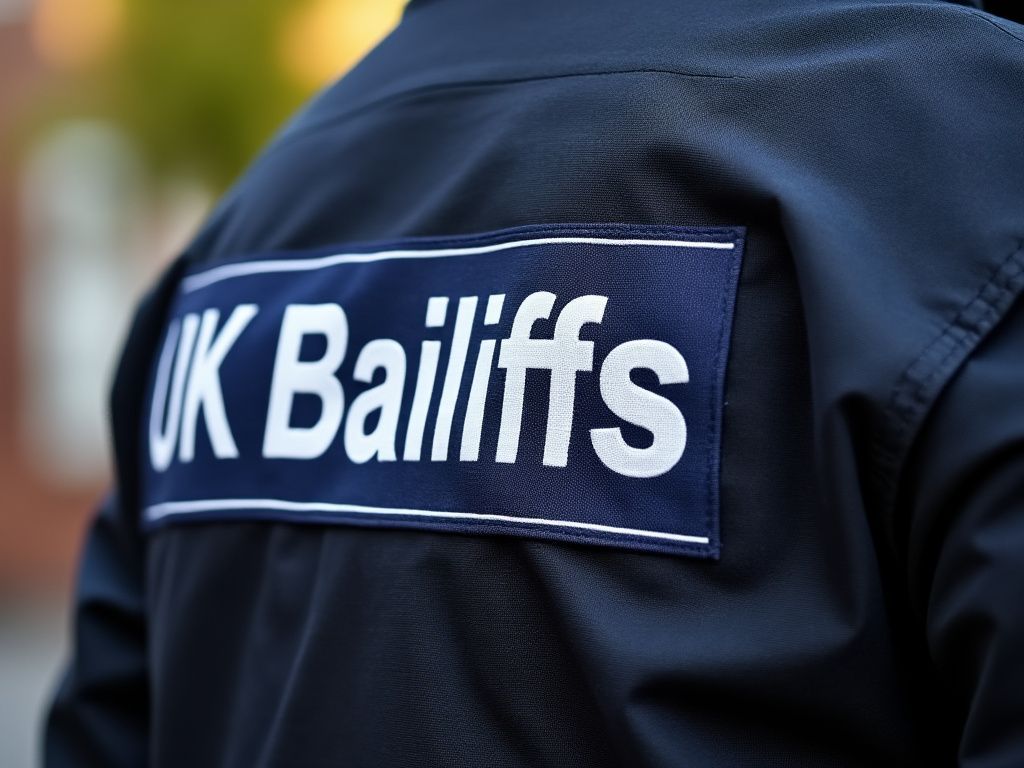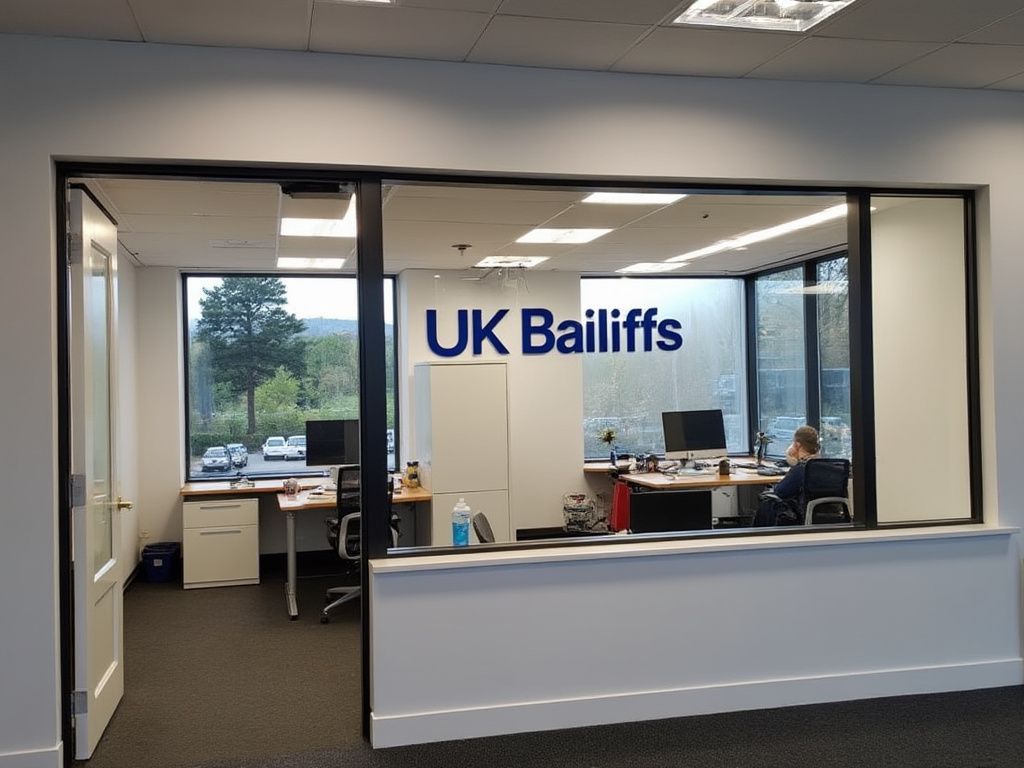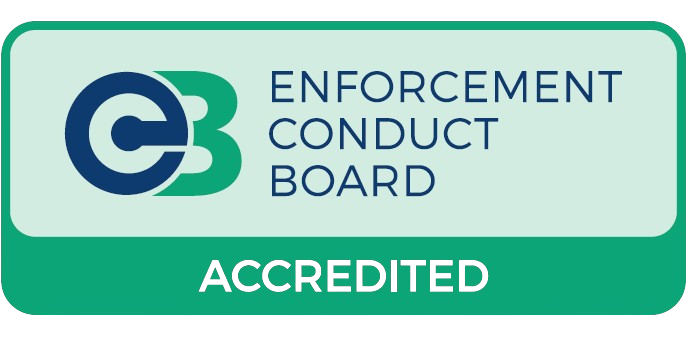
Peaceful Re-entry | Lease Forfeitures
Forfeit a Lease with Bailiffs - Peaceful Entry
UK Bailiffs can issue legal paperwork, gain entry, list assets, legally forfeit (end) your tenants lease and re-secure your commercial property
Managing property disputes can be challenging, particularly when it involves the forfeiture of a lease. Our service is designed to provide landlords and property managers with a professional, efficient, and legal pathway to reclaim possession of their property in cases where tenants have breached the terms of their lease.
Why Choose UK Bailiffs for Lease Forfeiture?
Expertise and Experience: Our team comprises seasoned professionals with deep knowledge in property law and enforcement. We understand the legal nuances that govern lease agreements and the forfeiture process.
Comprehensive Service: From initial advice through to the execution of forfeiture, we handle every step with precision. Our services include:
- Reviewing lease agreements to identify breaches.
- Advising on procedural steps before forfeiture.
- Serving notices required under the law.
- Undertaking peaceable re-entry where applicable, or managing court proceedings for possession.
Legal Compliance: We ensure that all actions taken comply with current UK legislation, minimizing the risk of legal challenges from tenants.
Client-Centric Approach: We tailor our approach to fit the specific circumstances of each case. Our aim is not just to resolve disputes but to do so in a way that respects all parties involved, while safeguarding your legal rights as a landlord.
Efficiency: Time is often critical in lease forfeiture cases. We act swiftly to ensure that breaches do not extend unnecessarily, potentially saving you from further loss and property deterioration.
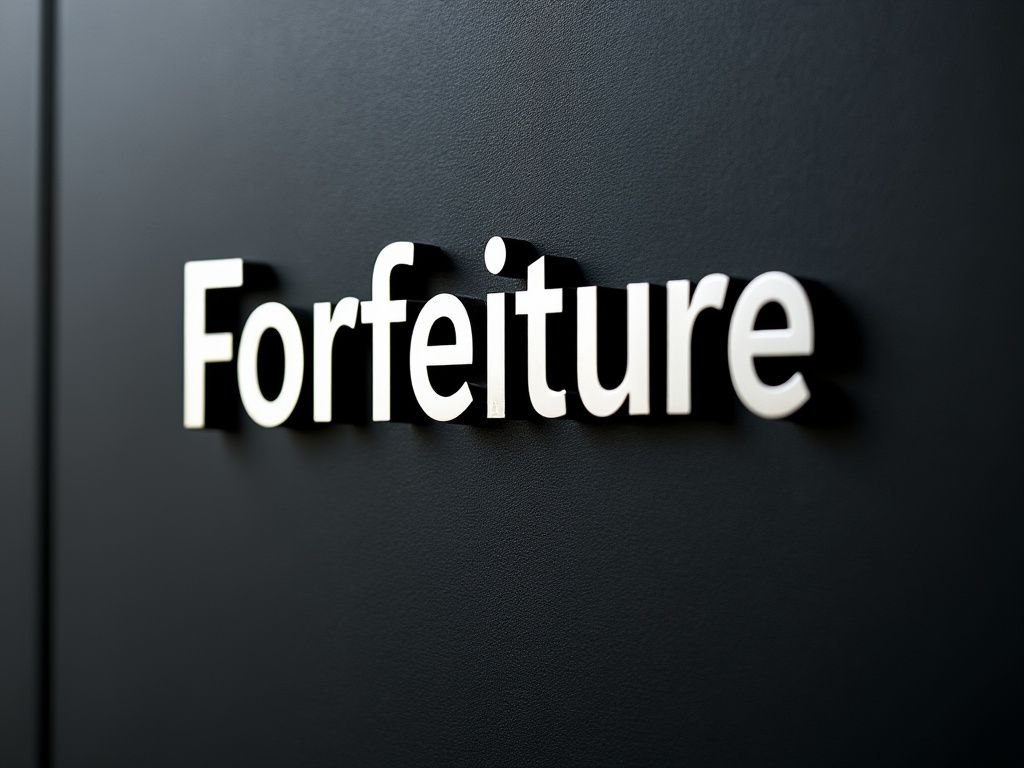
Whether you're dealing with non-payment of rent, unauthorised subletting or other breaches of lease terms, UK Bailiffs stands ready to assist. Our service is not just about enforcing your rights but doing so in a manner that is fair, lawful, and aimed at resolution. Let us help you take back control of your property with confidence and professionalism.
Commercial Lease Forfeiture is a legal remedy provided under English law that allows a landlord to terminate a lease agreement due to a breach of the lease terms by the tenant. UK Bailiffs offers specialized services in enforcing commercial lease forfeiture, assisting landlords in regaining possession of their property efficiently and legally.
Overview
Commercial lease forfeiture is typically used when a tenant fails to comply with the terms of the lease, most commonly due to non-payment of rent or other significant breaches of the lease agreement. The process involves the landlord re-entering the property and taking back possession, effectively terminating the lease agreement. UK Bailiffs provides a comprehensive forfeiture service, ensuring compliance with all legal requirements and minimizing disruption to the landlord's business operations.
When Can Lease Forfeiture Be Used?
A landlord may seek to forfeit a commercial lease in cases such as:
- Non-payment of rent: The tenant has failed to pay rent within the agreed time frame.
- Breach of covenant: The tenant has violated specific terms of the lease agreement (e.g., unauthorized alterations, illegal activities).
- Insolvency of the tenant: The tenant has entered administration or insolvency proceedings, impacting their ability to fulfil the lease obligations.
Legal Requirements
Forfeiture must be carried out in accordance with strict legal guidelines:
- Peaceable Re-entry: Forfeiture is typically executed through peaceable re-entry, meaning the landlord or their appointed agent enters the property without using force.
- Section 146 Notice: In cases of a breach other than non-payment of rent, the landlord must serve a Section 146 Notice, giving the tenant an opportunity to remedy the breach before forfeiture.
- Waiver of Right to Forfeit: If a landlord continues to accept rent payments after the breach, they may lose the right to forfeit the lease.
UK Bailiffs’ Commercial Lease Forfeiture Service
UK Bailiffs offers a streamlined and efficient commercial lease forfeiture service, tailored to meet the needs of landlords and property managers.
The process includes:
- Instruct us online - our online form takes a few minutes to complete and automatically generates all legal documentation
- Legal Assessment: Ensuring the landlord has the legal right to forfeit the lease based on the terms of the agreement and the nature of the breach.
- Serving Notice: Where required, serving a Section 146 Notice to the tenant, providing them an opportunity to remedy the breach.
- Peaceable Re-entry: Conducting the forfeiture process through peaceable re-entry, minimizing the risk of disputes or legal challenges.
- Securing the Property: Changing locks and securing the premises to prevent unauthorized re-entry by the tenant.
- Documentation: Providing detailed reports and photographic evidence of the forfeiture process for legal compliance and record-keeping.


Legal Framework
Commercial lease forfeiture is governed by various UK laws, including:
- Law of Property Act 1925: Outlines the general principles and procedures for lease forfeiture.
- Protection from Eviction Act 1977: Specifies legal protections for tenants, particularly around the use of force and unlawful eviction.
- Commercial Rent (Coronavirus) Act 2022: Provides temporary relief measures and restrictions related to lease forfeiture for non-payment of rent during the COVID-19 pandemic.
UK Bailiffs ensures full compliance with these legal frameworks, providing a professional and legally sound service.
Benefits of Using UK Bailiffs
- Expert Legal Knowledge: Specialized expertise in commercial property law and lease agreements.
- Fast and Efficient Service: Quick response times to minimize financial losses for landlords.
- Transparent Process: Clear communication and detailed reporting throughout the forfeiture process.
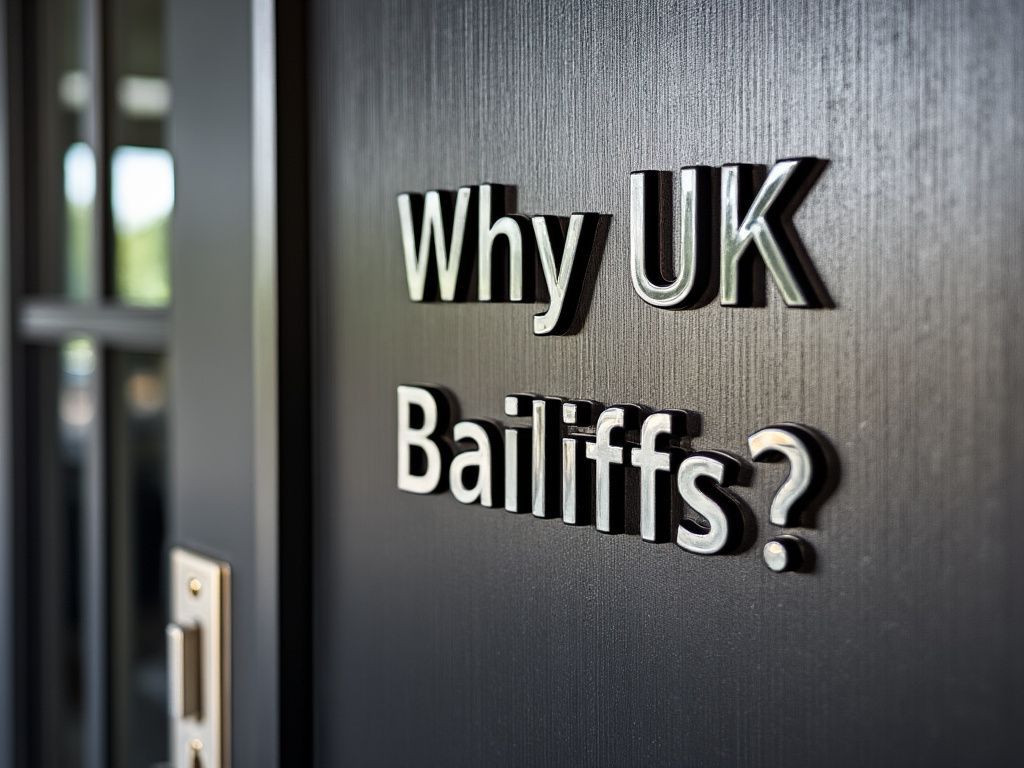
INSTRUCTION FORM
Completing the form does not constitute a contract or acceptance of the instruction.
Once submitted, we will email you a copy of the Warrant for acceptance and then we will begin the process. We may also request further details as part of our due diligence procedures. If you have any questions in relation to the instructions, please email us
HERE
or phone
03301331818
Contact A Recovery Specialist
